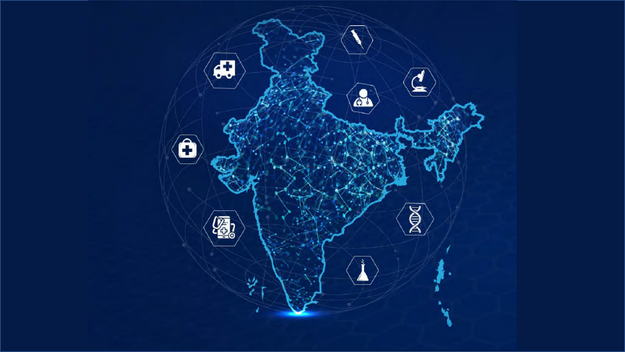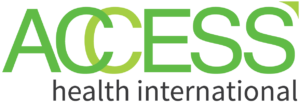

Fintech for Health (F4H) – Special Interest Group (SIG) in Malaysia Session – III
| On November 25, 2022, the third edition of the Fintech for Health: Special Interest Group event was held virtually in Malaysia. The theme of the presentation was healthcare financing in both Malaysia and Singapore.
The first speaker presenting was Puan Izzanie Mohamed Razif who is currently with ProtectHealth Malaysia and the second speaker was Dr. SK Khor who is now attached with the National University of Singapore as an honorary visiting assistant professor. Puan Izzanie was invited to speak about how B40 Malaysians (bottom 40 percent of household income earners) receive subsidized healthcare and free prevention treatments under the Peka B40 scheme while Dr. Khor was invited to explain to the Malaysian audience on how Singapore finances its healthcare. Puan Izzanie started by talking about the history of Peka B40 and the services provided by this scheme. Currently, Peka B40 works with 3019 general practitioners, 959 government clinics, 145 government hospitals and 172 pathology labs throughout Malaysia. They also engaged with strategic purchasing which allows the government of Malaysia to save up to RM10 million in healthcare cost. In 2022 alone until October 31, 2022, Peka B40 had screened 220,453 beneficiaries; and provided health aids to more than 16,669 beneficiaries. The states with the highest prevalence of health screening for Peka B40 beneficiaries so far were Kelantan and Kedah with more than one fifth of the beneficiaries had gone through health screening. Apart from that, the Peka B40 scheme also engaged in community outreach by bringing healthcare screening to rural and isolated areas in Malaysia. The next presenter was Dr. SK Khor who helped the Malaysian audience to better understand the differences between how Singapore and Malaysia finance their healthcare systems. The underlying paradigm of personal responsibility for one’s health has influenced how Singapore pays for its healthcare. The healthcare in Singapore is financed through Medisave, Medishield and Medifund. Citizens of Singapore and the permanent residents in Singapore are mandated to save in Medisave and pay premium for Medishield. The government of Singapore does subsidize the premium for Medishield based on incomes. Additionally, Medifund serves as the last resort to cover the healthcare bills in Singapore, and this is disbursed based on approved applications. This third SIG allows fintech and healthcare partners to learn how both Malaysia and Singapore are paying for their healthcare. The high percentage of out-of-pocket payments in Malaysia is something that needs to be carefully examined and reduced. Likewise, Singapore’s paradigm calling for personal responsibility for health could be employed in Malaysia to motivate Malaysians to prepare themselves for the rising healthcare cost in Malaysia by utilizing fintech solutions. |


